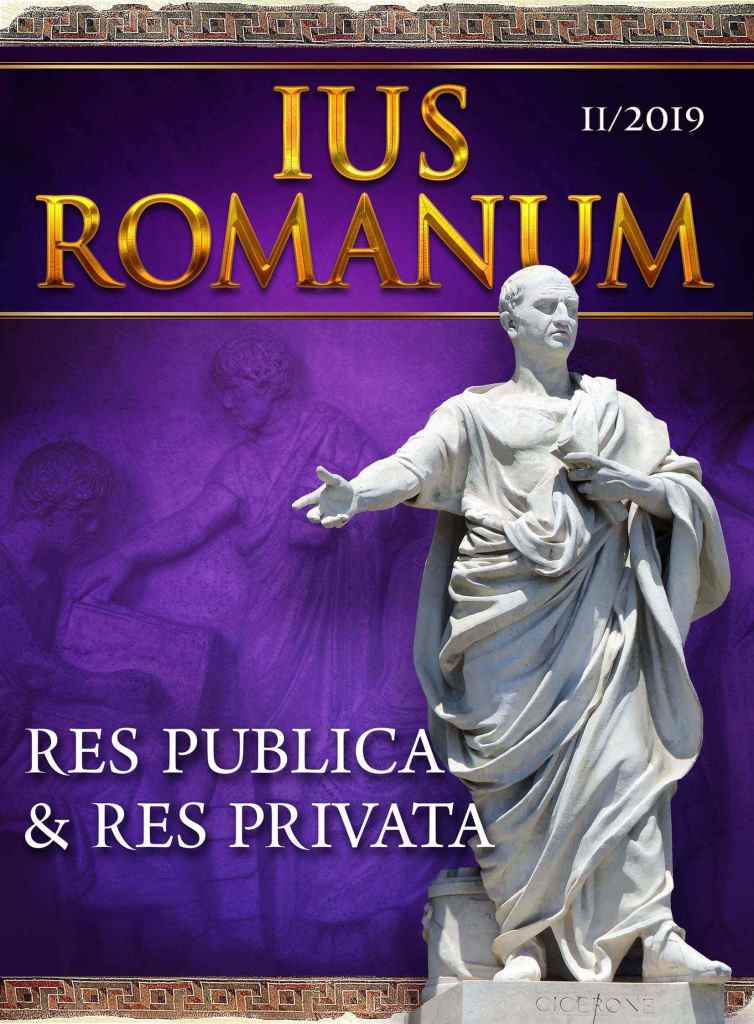COLLECTION OF TAXES AND PUBLIC REVENUES PERFORMED BY PUBLICANI IN ROMAN REPUBLIC
COLLECTION OF TAXES AND PUBLIC REVENUES PERFORMED BY PUBLICANI IN ROMAN REPUBLIC
Author(s): Stoyan P. IvanovSubject(s): Law, Constitution, Jurisprudence, History of Law, Criminal Law, Civil Law, EU-Legislation
Published by: Софийски университет »Св. Климент Охридски«
Keywords: publicani; societas publicanorum; public revenues; tax-collection system; taxpayer; tax-farming; auctions; censors; public works; vectigalia publica
Summary/Abstract: At the time of the Roman Republic the state needed a specific service to have done and could not perform for itself. That was the collection of that money needed to pay for the essential state services as provisions of the supplies – for religion ritual, for the army, for civil purposes as public duties, all needed so that the state should perform its minimal duties. In Republican usage the contractors, operating on behalf of the res publica, could all be publicani. Ulpian defines “publicans” thus: “those who enjoy the use of what belongs to the people – from there their denomination – whether they pay a vectigal to the people or gather in tributum” (which now denotes direct taxes on property and persons in the provinces, except Italy) “and all who lease anything from the fiscus are rightly called publicans”. The definition includes both those who leased from the state the right to collect taxes (vectigal and tributum) and those who rented certain public or imperial domains. The aim of the article is to make an overview of the system of tax collecting during the Republic, realized by the companies of the publicans and their important role in the Roman fiscal policy.
Journal: IUS ROMANUM
- Issue Year: 2019
- Issue No: 2
- Page Range: 411-422
- Page Count: 12
- Language: English

